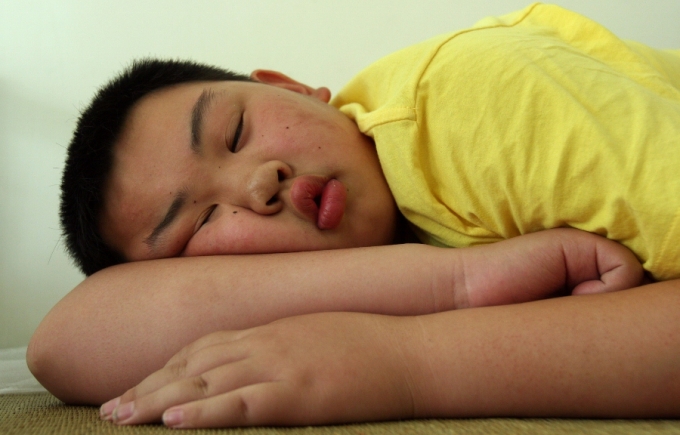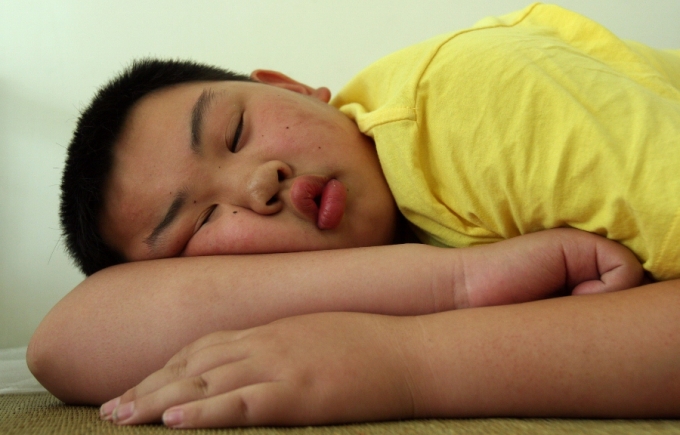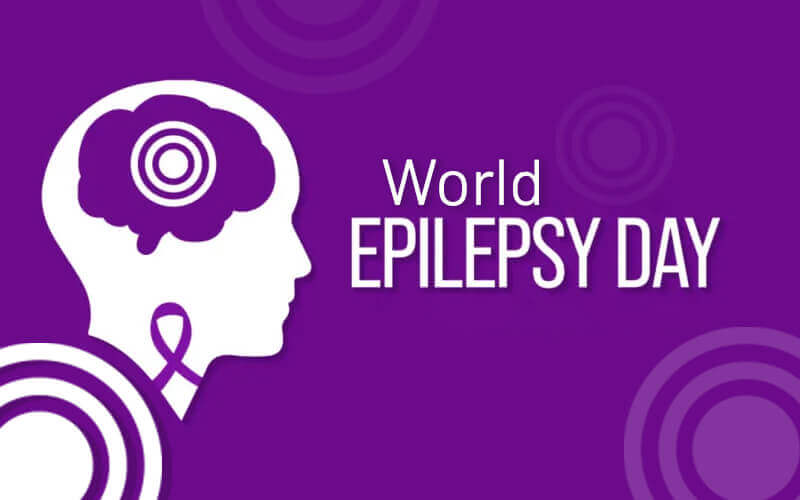Loss of sleep during adolescence lead to diabetes
Fri 19 Feb 2016, 11:36:00
Doctors have cautioned parents of adolescents to ensure that their wards get ample sleep as a recent study says that loss of sleep during adolescence would lead to diabetes in the future. How much ‘slow-wave sleep’(insufficient sleep) a teenage boy gets may predict whether they are at risk of insulin resistance and other health issues, according to Jordan Gaines, a Penn State neuroscience researcher.
Gaines said, “on a night following sleep deprivation, we will have significantly more slow-wave sleep to compensate for the loss. We also know that we lose slow-wave sleep most rapidly during early adolescence. Given the restorative role of slow-wave sleep, we were not surprised to find that metabolic and cognitive processes were affected during this developmental
period.”
period.”
A city based general physician said, “disturbed sleep schedule lowers the resistance giving rise to these diseases. The food intake also has a substantial amount of effect on the health of these youngsters. Youth needs to understand the long term effects of insufficient sleep in the night which includes insomnia, obstructive sleep apnea, memory loss, anxiety, panic attacks and depression.”
Staying awake at night is associated with increase in weight because of the increased appetite due to the irregular work schedules and the amount of stress which might lead to diabetes. There are other studies results that prove that even disturbances in cholesterol levels and blood pressure could contribute to increased diabetes risk.”
No Comments For This Post, Be first to write a Comment.
Most viewed from Health
AIMIM News
Latest Urdu News
Most Viewed
May 26, 2020
Do you think Canada-India relations will improve under New PM Mark Carney?
Latest Videos View All
Like Us
Home
About Us
Advertise With Us
All Polls
Epaper Archives
Privacy Policy
Contact Us
Download Etemaad App
© 2025 Etemaad Daily News, All Rights Reserved.






.jpg)

























